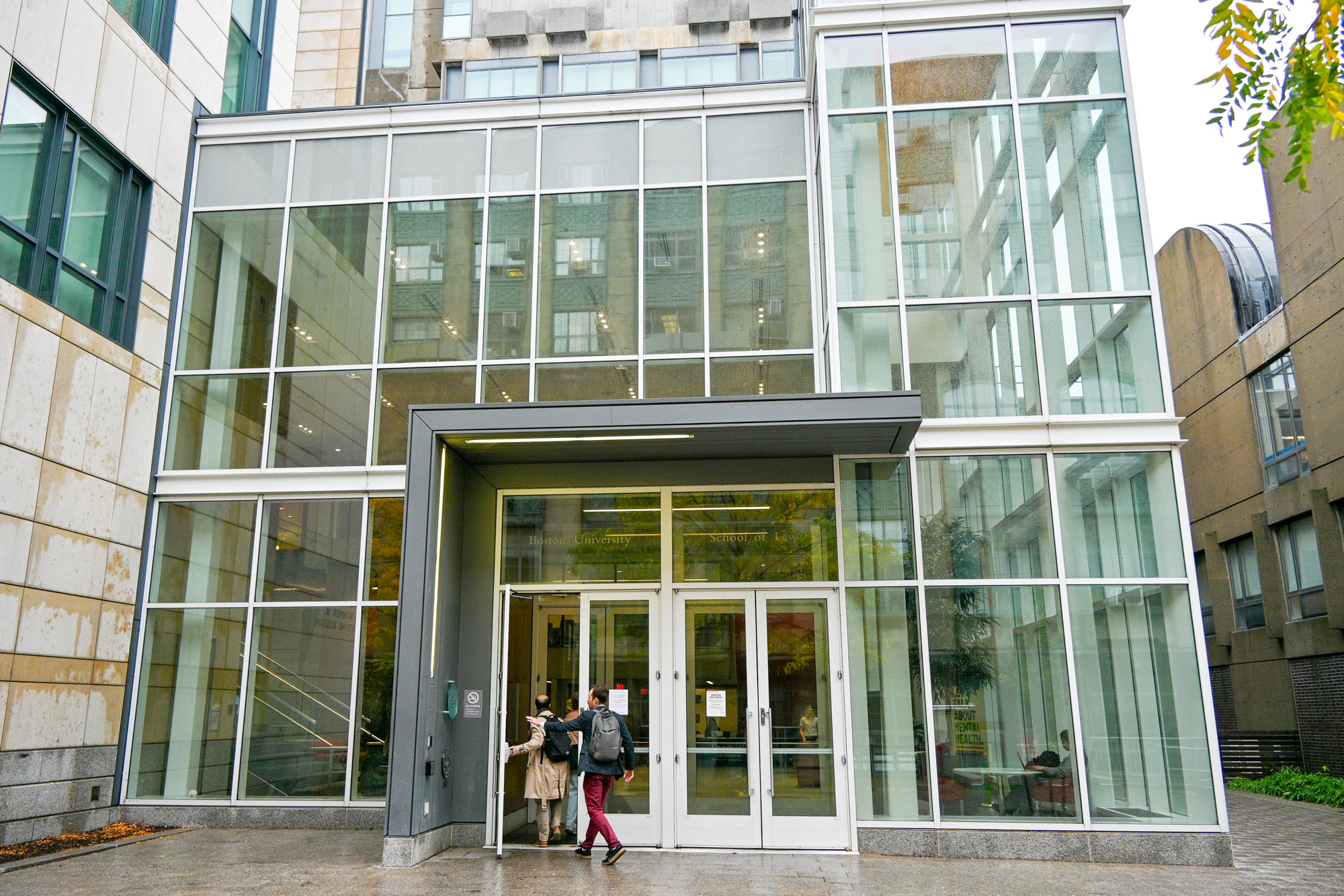Teachers and diversity experts testified before the Massachusetts Joint Committee Tuesday to discuss the effects of recent federal proceedings on diversity, equity and inclusion in higher education and propose possible solutions moving forward.

The hearing included testimony from individuals and panelists from across Massachusetts to assess what actions are needed to protect equality in higher education institutions. It follows the recent Supreme Court decision to terminate over $700 million in grants related to DEI initiatives.
BU professor of law Jonathan Feingold virtually testified to support the legality of DEI practices.
Feingold said at the hearing that DEI initiatives further the purpose of civil rights laws, such as Title VI. The organizations, grants and DEI measures taken by colleges “are not only lawful, but also better position universities to fulfill ongoing Title VI obligations.”
Feingold said the Trump administration’s threats and lawsuits to revoke DEI funding lack a legal basis.
In many cases, the Trump administration cut funding from universities, such as Harvard University, due to allegations of antisemitism, rather than the illegality of DEI, Feingold said.
The administration also revoked $2.2 billion in funding from Harvard after the university refused to cut DEI programs, committees, positions and initiatives. However, the funding cuts were ruled illegal by District Judge Allison Burroughs.
“The Trump administration is attacking inclusionary commitments to buttress what is a broader authoritarian agenda designed to resurrect racial, gender based and religious hierarchies, to suppress political dissent, and to erode all sites of independent power and thought, including universities and organized labor,” Feingold said.
Feingold also refuted misconceptions that institutions cannot engage in efforts to promote racial equity, desegregation and integration following the illegalization of affirmative action.
Rob McCarron, president and CEO of the Association of Independent Colleges and Universities in Massachusetts, testified on how budget cuts are affecting private universities and their students.
Universities in Massachusetts make up 58 independent institutions that educate around 280,000 students and employ nearly 100,000 residents. Collectively, they generate an economic impact of $71 billion throughout the Commonwealth.
The Advancing Representation in Higher Education report, created by Gov. Maura Healey’s Advisory Council for the Advancement of Representation in Education, ensures “Massachusetts will always be open, welcoming, and inclusive of students of color and other students typically underrepresented in higher education,” according to its website.
The ACARE report recommended five policy areas to promote exposure and access to higher education for students, particularly underserved and underrepresented students. These include increased equity of financial aid, participation of adults in higher education and review of enrollment policies.
McCarron also advocated for the state to introduce a funding guarantee or loan forgiveness for certain professions to give Massachusetts students better loan rates, since the One Big Beautiful Bill Act will discontinue PLUS, a federal student loan program, beginning July 1, 2026.
“The elimination of that program will either force grad students to look at private lenders and higher interest rates or postpone or abandon their dreams,” McCarron said.
McCarron also encouraged Healey’s Discovery, Research and Innovation for a Vibrant Economy Initiative, intended to protect and promote job growth and support scientific research and discovery.
“The DRIVE initiative simply cannot replace the nearly 80-year partnership that exists between the federal government and the academic research institutions, or the billions of dollars in NIH and NSF funding that is at risk through arbitrary cuts,” he said.
Feingold said he believes the Trump administration is cutting DEI programs as part of a broader authoritarian agenda designed to “resurrect racial, gender-based and religious hierarchies to suppress political dissent.”
“The attack is in part, designed to deny students the knowledge necessary to imagine and realize a more just society and to splinter the coalition’s necessary to resist our autocratic turn,” Feingold said.























































































































